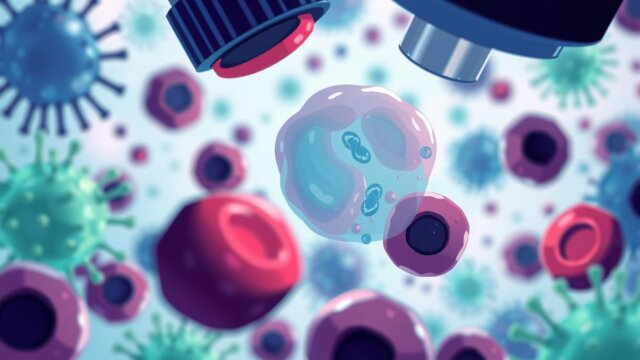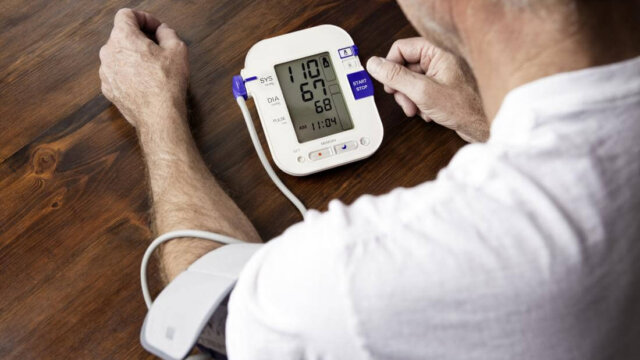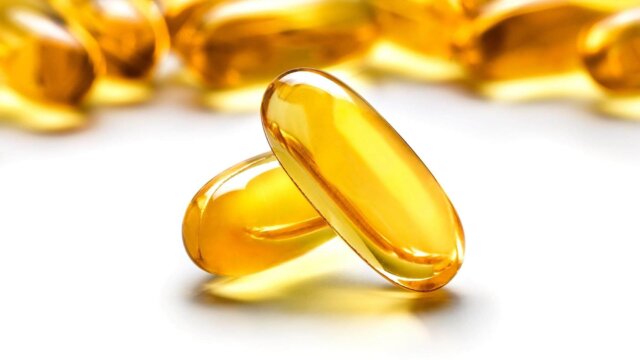FTC disclaimer: This post may contains affiliate links and we will be compensated if you click on a link and make a purchase.
DHA has been termed as one of the essential components of the nervous system and neurological development.
Studies have shown that DHA plays an integral role in developing the baby’s brain.
DHA has a significant impact on a baby’s eyes and cognitive function.
According to studies, women taking DHA during pregnancy and after the baby is born will more likely have a baby who has cognitive faculties (advanced), plus the baby’s attention span is increased.
Cognitive faculties include sense, imagination, understanding (Intellect), and memory. All these are good indicators of having a baby whose development is well.
DHA during fetal and infant development
It is well established that DHA is a vital nutrient for human nutrition, and it must be consumed through the diet since we have limited ability to make DHA in our bodies.
Therefore, developing babies depend entirely on their mothers for DHA (Docosahexaenoic acid).
The mother provides DHA to the developing fetus through her diet and then, after birth, provides DHA via breast milk or supplemented infant formulas.
Since DHA is a unique fatty acid and no other dietary fats are similar to its chemical structure, it is essential for developing the eyes, brain, and central nervous system.
As clinical research shows, children born to women who consume DHA during pregnancy have better coordination and visual acuity.
Further, those children born to women who do not consume an adequate amount during pregnancy have:
- Lower verbal IQ scores
- Reduced fine motor skills
- Less developed social and communication skills
However, the research also indicates that most pregnant women are still not consuming the minimum recommended amount of DHA.
Benefits of DHA for Infant, Toddlers, Children, and Teenagers
DHA is vital during the first five years of life & early childhood.
Benefits of DHA for Brain Development
The brain grows rapidly during the third trimester of gestation and throughout the first years of life. However, the brain increases 3.5 times in mass between birth and five years old.
Studies indicated that DHA ensures the proper development and function of the cell membranes present in the retina, brain, heart, and different parts of the nervous system.
Moreover, DHA makes up 97% of the omega-3 fatty acids found in the brain.
According to studies, DHA is responsible for brain development and function. It is essential for healthy visual and mental development throughout infancy.
Studies indicate that DHA is found naturally in breast milk and is the optimal method for infant feeding.
Further, a study has revealed that DHA is associated with higher scores on listening comprehension and vocabulary tests in preschool children. It improves IQ scores in infants and children.
Additionally, DHA improves mental development in infants and children. It is associated with higher memory and cognitive function in children.
Benefits of DHA on Eye Health
According to research, DHA makes up 93% of the omega-3 fatty acids found in the eye. It is responsible for visual development and function in children.
One study reveals that DHA supplemented in infants demonstrated more mature visual acuity. It also improves vision-related disorders in children.
Benefits of DHA for Heart Health
DHA is the most abundant omega-3 fatty acid in cell membranes throughout the body and is essential for cardiovascular health
According to research, early intake of DHA has been shown to reduce the risk of cardiovascular disease later in life.
The Journal of nutrition has shown that DHA lowers blood pressure and improves blood lipid profiles in children.
Further, a study has shown that DHA enhances blood vessel function in older children with high cholesterol levels.
Another study has shown that DHA restores endothelial function in children with high cholesterol levels.
DHA Supplement
It is recommended that women provide the best possible nutrition for their developing child, especially during the first trimester of the pregnancy.
But, it is difficult for some women to include healthy food such as fish and seafood in their diet.
If you have difficulty consuming these nutrient-rich foods, take a DHA supplement under the doctor’s supervision.
Numerous studies have recommended that a pregnant woman consume at least 200 mg DHA/day to provide for the mother and baby’s nutritional needs.
There are many over-the-counter omega-3 supplements on the market, and some prenatal vitamins even include DHA in them.
It would be best to discuss how to implement DHA into your regular diet with your healthcare provider.
However, DHA dietary supplements that mention “purified Omega-3s” are preferred over others.
It means that the product does not contain any contaminants. Therefore, they can be safe to take.
Moreover, the doctor will also advise you on how much DHA supplement is needed for your baby’s brain development.








